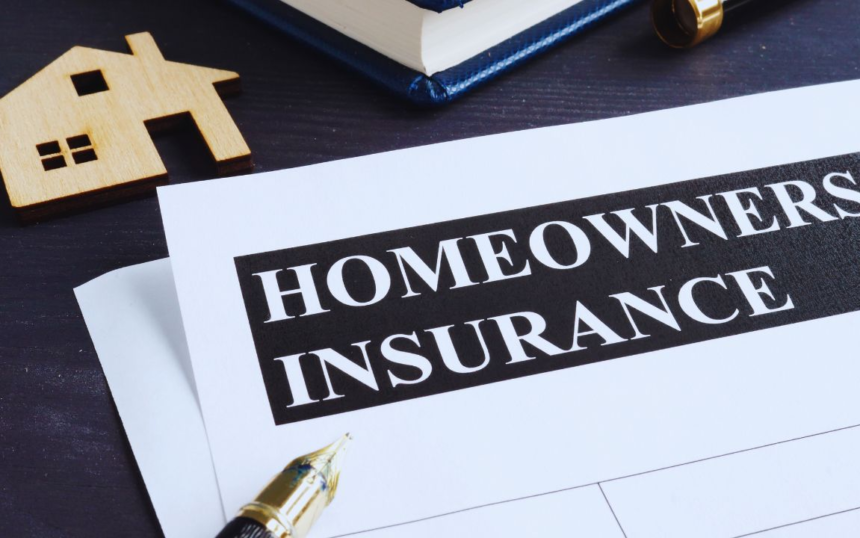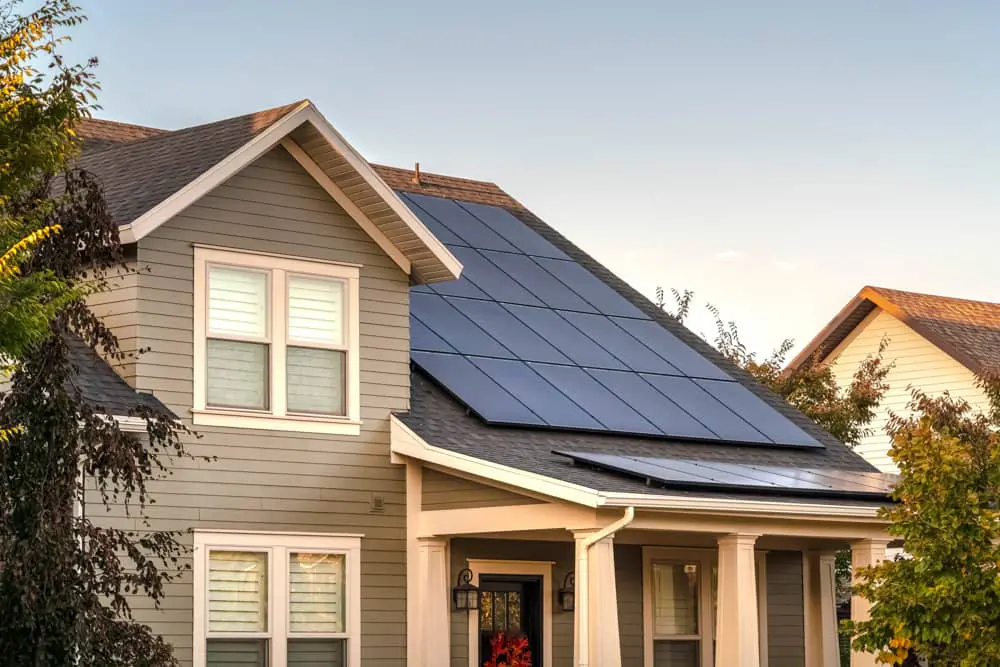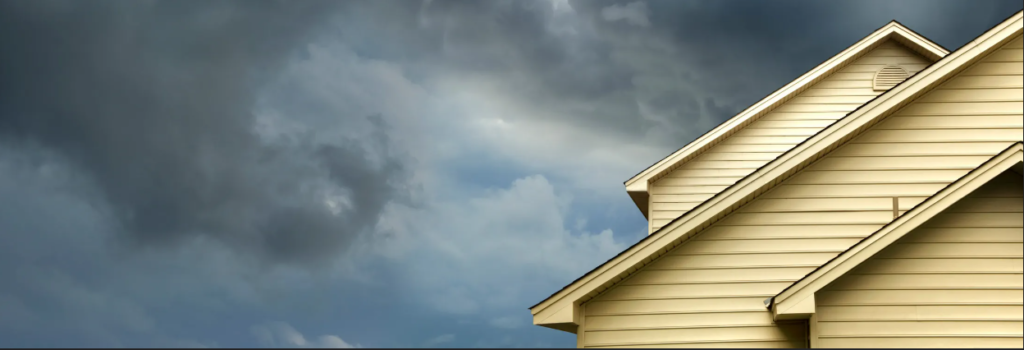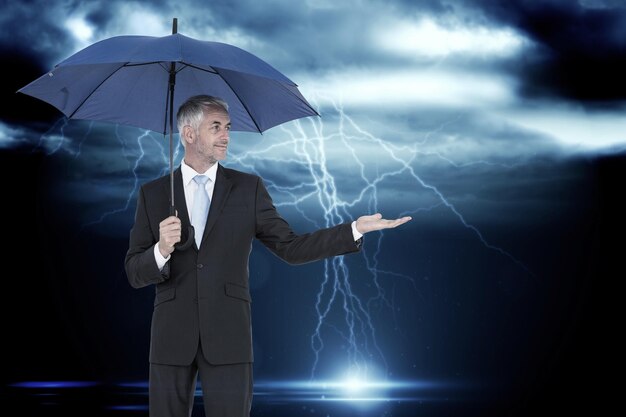
Brini’s Guide: Does Homeowners Insurance Cover Lightning Strikes?
Does Homeowners Insurance Cover Lightning Strikes: Hey there! Brini here, coming to you after a rather wild morning of fighting with my messy earbuds. Why does that always happen? Anyway, I’m here to address something a lot more serious than lightning strikes and the role homeowners insurance plays in all of that. Stay with me, and we’ll deconstruct it.

Imagine This: You’re home, curled up for a quiet evening, when an unanticipated burst of light followed by an earth-roiling crack jolts you. Lightning has hit this close, or worse, your own home! As the storm continues to pound around you, you start thinking, “Will my homeowner’s insurance cover this?” It’s a good question, given the amount of damage lightning can inflict, from starting fires and destroying buildings to frying appliances and damaging electronics. Lightning strikes are infrequent, but their financial losses can be catastrophic.
The upside is that most homeowners insurance policies are written to provide strong coverage for lightning damage. But there’s more to it than what you see. Does your policy have limits on what is covered? Do you require extra endorsements for surge damage? And what should you do in the aftermath of a strike? In this article, we’ll break down the details of how homeowners insurance responds to lightning strikes so you know what protection is available when nature’s fury arrives out of the blue.
What Is Covered Under Homeowners Insurance When Lightning Strikes?
Most standard homeowners insurance policies offer strong protection against lightning strikes. The following types of damage are typically covered:
Structural Damage To Your House
Lightning can strike your home directly, or it may start a fire, resulting in severe physical damage. Dwelling coverage generally covers damage to the structural parts of your home walls, roofs, ceilings and even foundation damage if it resulted from a strike. This helps ensure you’re not stuck with an expensive repair bill for your property.
Damage To Personal Property
Lightning strikes can be the bane of a home with personal items. Personal property coverage typically covers appliances, electronics, furniture and even clothing that’s been damaged by the effects of lightning. Policies can cover replacement or repair costs, but limits may be in place for expensive items such as art or jewellery. If needed, consider adding a rider for such valuables.

ALE Stands For Additional Living Expenses
For instance, severe lightning damage could make your home temporarily unlivable. That’s where Additional Living Expenses (ALE) coverage comes in, which helps cover the costs of alternate accommodation, meals and transportation while your home is being repaired. This way, surprise dislocation isn’t a drain on your budget.

Detached Structures
Your homeowners policy typically covers detached structures such as garages, sheds or even a gazebo. If these structures are damaged in a lightning strike, your insurance would generally cover the cost of repair or rebuilding, within the limits outlined in your policy.
Landscaping And Trees
On your property, lightning strikes can also harm trees, shrubs or other landscaping. Coverage for landscaping is usually limited, but many policies do reimburse you for the cost of removing damaged trees or repairing landscaping features, up to a certain amount.
Exceptions And Limitations: What Might Not Be Covered?
Homeowners Insurance Covers A Lot, But Not Everything:
- Power Surge Damage: Some policies will not cover the repair or replacement of electronics, appliances and electrical systems for power surge damage unless a direct consequence of being struck by lightning. Surge protection coverage always comes with fine print.
- Wear And Tear Or Lack Of Maintenance: Damage from ordinary wear and tear or failure to maintain the device is usually not covered. If your home or appliances sustained damage prior to the lightning strike and the issues were not a result of the strike, they may be deemed pre-existing conditions that will not be included in your claim.

- Flooding: Lightning might cause flooding if it falls nearby trees or power lines which in turn destroy water systems. Flood damage typically is not covered by standard homeowners insurance; you would have to have a separate flood policy.
- Sharp Deductibles: Some policies may come with a significant deductible for particular types of loss, such as lightning strikes. That means you’ll likely have to pay a sizable amount out of pocket before your coverage will begin.
- Uninsured Property: If you didn’t report a high-value item to your insurance company, it may not pay for lightning-related damage to that piece of personal property.
Does Homeowners Insurance Cover Lightning Strikes: How To File A Claim For Lightning Damage?
Notify your insurance company as soon as you sustain lightning damage. Most insurers have a round-the-clock claims hotline or online portal to report claims. Give a description of the damage and the date and time experienced from the storm.
Take clear images or videos of any damage caused by the lightning strike, whether it be damaged appliances, electronics or structural injury. Use this documentation to support your claim. If you can, create a list of the damaged items and their value.
Examine your insurance policy to confirm that it covers lightning damage. Most homeowners’ insurance policies should cover damage from a lightning strike, including to your home or personal property, but this can vary
Once you file your claim, your insurer might send an adjuster to inspect damage. Make sure to follow the adjuster’s direction and provide any documents or information you owe.
Keep in touch with your insurer as the process unfolds. Save all correspondence and any receipts for repairs or replacements.

Preventing Lightning Damage To Your Home
Strategy
Install A Lightning Protection System (Lps)
Description
A professionally installed system that can divert electrical currents into the ground, preventing fires and structural damage to your home. Contains rods for lightning and ground.
Strategy
Use Whole-House Surge Protectors
Description
Housed at your primary electrical panel, these devices absorb the excess energy from a surge caused by lightning, preventing damage to electronics and appliances.
Strategy
Ground Your Electrical System
Description
Well grounded electrical systems safely divert excess electricity, lowering the risks of fires and circuit overloads. Inspection: Runs were stopped regularly to test effectiveness.
Strategy
Maintain Trees And Landscaping
Description
Prune back overhanging branches, and take out dead trees to avoid damage from fallen debris. Do not plant tall trees next to your house or power lines.
Strategy
Unplug Electronics During Storms
Description
Disconnect high-value and smaller devices during storms to remove the risk of surges that damage electronics.
Conclusion
Lightning can be a force of nature, but its aftermath doesn’t have to strike your finances. If you know what your homeowners insurance policy says, then you’ll be prepared for any possible fallout. Standard policies generally cover structural damage, personal property loss and even additional living expenses if your home is uninhabitable. But checking your policy for exclusions, such as power surges or failing systems due to their age, is critical so that you don’t get blindsided.
Preparation Also Helps: Lightning rods, surge protectors and grounding your electrical system can lower risks and bring peace of mind. And in the event that the unthinkable does happen, knowing how to document for damage and file a claim will make the recovery process far easier.
Lightning strikes are totally random, but with the right information and coverage you can confront any storm with confidence to protect what matters most.
FAQs

Yes, damage caused by indirect strikes, such as through power surges, is usually covered but may also need specific endorsements.
No, automobiles are generally covered under auto insurance and not homeowners insurance.
Yes, coverage typically includes sheds, garages or other detached structures on your property.
Yes, lightning can harm pipes and your insurance might pay for it.
It depends on your insurer, but filing claims can sometimes lead to higher premiums.

